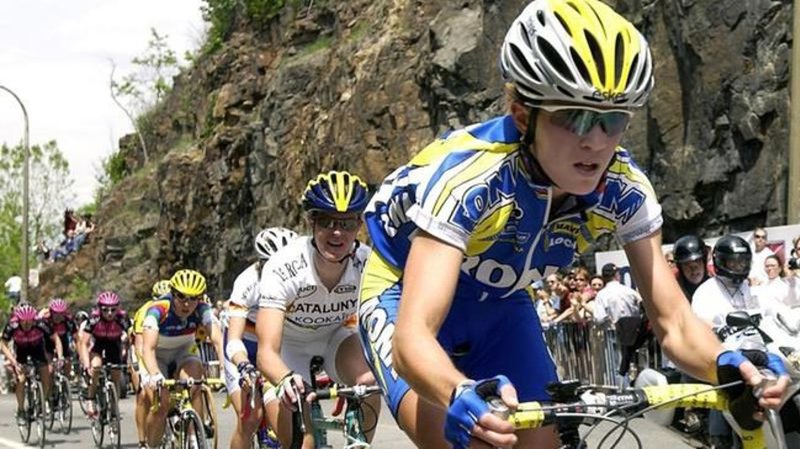
Jeanson, Forsythe among testifying athletes as safe sport study continues
Genevieve Jeanson’s story began, she said, when her coach first hit her on the head in training at the age of 14.
The Canadian cyclist said in testimony in front of members of Parliament on Monday — apologizing for her blunt language — that the physical abuse turned to sexual assault by the age of 15, and that she was first administered performance enhancing drugs at 16.
A positive doping test would ultimately be her escape.
“(I received) threats like ‘I’m in love with you, and if you leave me, I’m going to kill you, and then I’m going to commit suicide,'” Jeanson said. “I was never the same person after that first sexual assault. Because I was living in constant violence, I actually believed that he could kill me and that he could commit suicide. It was so real that I couldn’t leave.”


